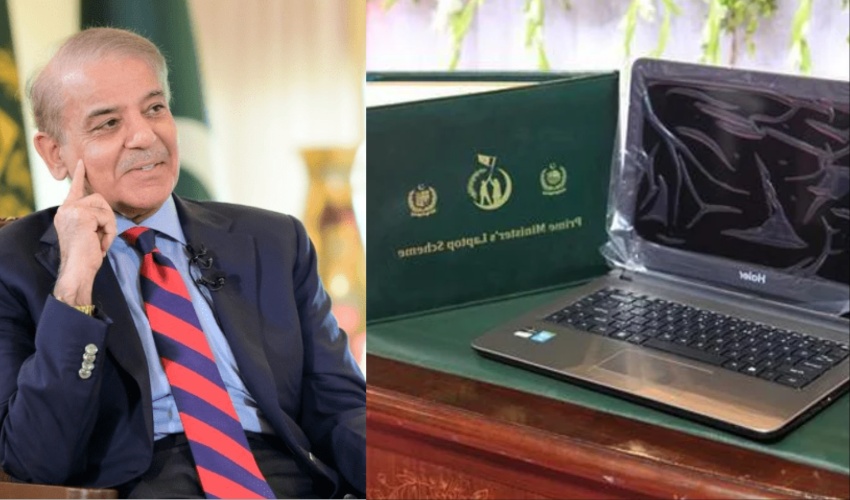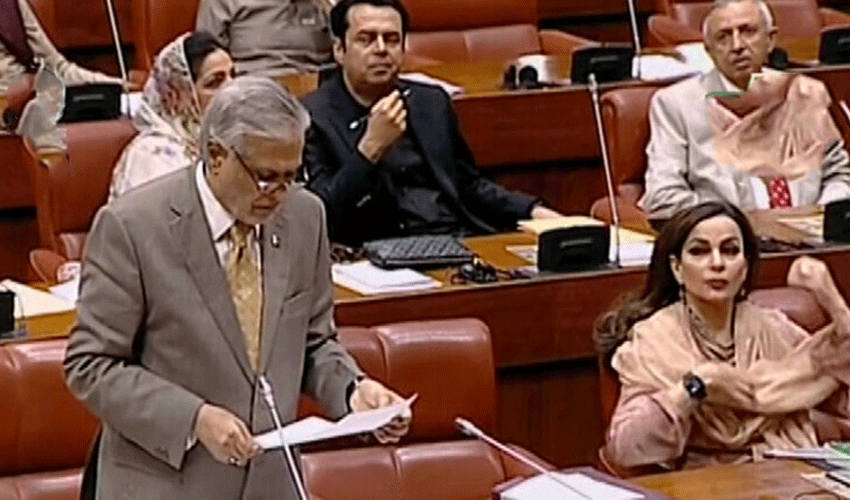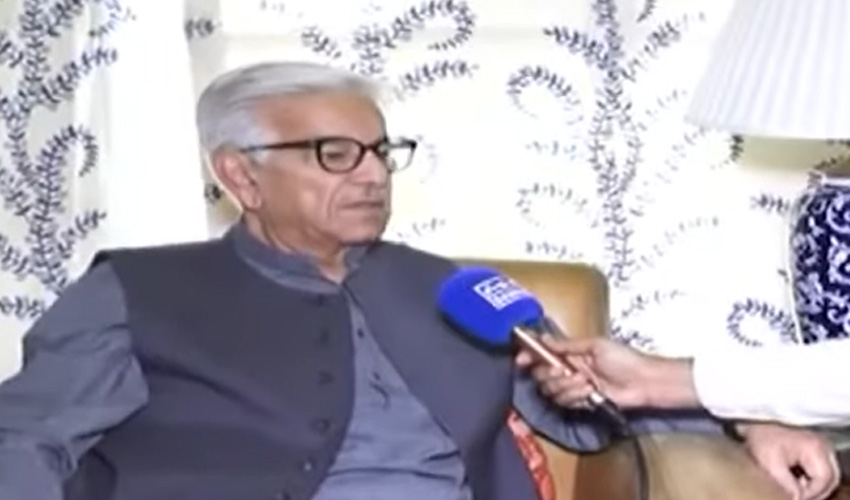Donald Trump easily defeated Nikki Haley in South Carolina's Republican contest on Saturday, extending his winning streak as he marches toward a third consecutive presidential nomination and a rematch with Democratic President Joe Biden.
The former president had been widely favored to win the Southern state, despite his litany of criminal charges and Haley's status as a native of South Carolina who won two terms as governor.
The big win will bolster calls from Trump's allies that Haley, his last remaining challenger, should drop out of the race. But Haley, who appeared to have outperformed expectations based on opinion polls, again defiantly insisted she would fight on at least through Super Tuesday on March 5, when Republicans in 15 states and one U.S. territory will cast ballots.
Trump was leading 59.9% to 39.4%, a margin of 20.5 percentage points, with about 92% of the expected vote tallied, according to Edison Research. Statewide opinion polls prior to Saturday had given Trump an average lead of 27.6 percentage points, according to the tracking website 538.
"Forty percent is not some tiny group," Haley said, referring to her approximate share of the vote on Saturday. "There are huge numbers of voters in our Republican primaries who are saying they want an alternative."
Trump has now dominated all five contests thus far - in Iowa, New Hampshire, Nevada, the U.S. Virgin Islands and now Haley's home state - leaving her with no evident path to the Republican nomination.
Trump gave his victory speech in Columbia, the state capital just minutes after the polls closed at 7 p.m. EST (0000 GMT), and didn't mention Haley once, claiming his party's mantle as he looked ahead to November's general election.
"I have never seen the Republican Party so unified as it is right now," he said.
In recent days, Haley had notably sharpened her attacks on Trump, questioning his mental acuity and warning voters he would lose the general election to Biden.
But there is scant evidence that a majority of Republican voters is interested in any standard-bearer except Trump.
Immigration, which Trump has made a key focus of his election campaign, was the No. 1 issue for voters in the Republican primary on Saturday, according to an Edison exit poll. Some 39% of voters cited that issue compared with 33% who said the economy was their top concern.
Approximately 84% of voters said the economy is not so good or poor, highlighting a major potential weakness for Biden in November's general election.
Once again, however, exit polls also pointed to Trump's own vulnerabilities. Nearly one-third of voters on Saturday said he would be unfit to serve as president if he were convicted of a crime.
Trump's first criminal trial is scheduled to begin on March 25 in New York City. He is charged in that case with falsifying business records to conceal hush money payments made to porn star Stormy Daniels.
He faces three other sets of charges, including a federal indictment for conspiring to reverse Biden's victory in 2020. Trump has pleaded not guilty in every case and claimed, with no evidence, that the charges stem from a Democratic conspiracy to derail his campaign.
"A 20-point loss is better than a 30-point loss, but it's still another blowout defeat," said Adolphus Belk, a political science professor at Winthrop University in Rock Hill, South Carolina. "That said, Haley performed strongly with the sorts of voters a GOP presidential candidate needs to win in November: moderates and independents most especially."
Both Trump and Biden have already begun looking ahead to November, with the president characterizing Trump as a mortal threat to the republic.
Before flying to South Carolina to watch primary returns on Saturday, Trump addressed a gathering of conservative activists near Washington in a 90-minute speech that painted a dark picture of a declining America under Biden.
He said if he beats Biden in the Nov. 5 general election it will represent a "judgment day" for the U.S. and "my ultimate and absolute revenge."
South Dakota Governor Kristi Noem and former presidential candidate Vivek Ramaswamy emerged as favorites for Trump's vice presidential pick, according to a poll of activists at the conservative conference. They each received 15% support.
Haley, whose foreign policy credentials are at the center of her campaign, has focused in recent days on Trump's stance toward Russia following the death of Alexei Navalny, the main opposition leader there.
She criticized Trump for waiting days before commenting on Navalny's death and then for failing to blame Russian President Vladimir Putin. She also condemned Trump's recent remarks that he would not defend NATO allies from a Russian attack if he felt they had not spent enough on defense.
Haley had hoped that South Carolina's "open" primary, which allows registered voter to cast a ballot, would lead to turnout among independents and even some Democrats who are determined to stop Trump.
But Edison exit poll data showed only 21% of voters considered themselves moderate or liberal, only slightly higher than the 19% who said the same in the party's 2016 primary.
Kelli Poindexter, a Democrat and transcriptionist who lives in Columbia, voted for Haley "simply to, maybe, cancel out one of the Donald Trump votes."
"I think he's dangerous," Poindexter said. "I think he's a threat. And if Democrats come out and give a vote to Nikki, it takes one away from him."
But Kevin Marsh, a 59-year-old Republican and truck driver who also lives in Columbia, said he voted for Trump on Saturday because he trusts him more than Haley.
"She's more of a globalist and I just can't support that," Marsh said.



























